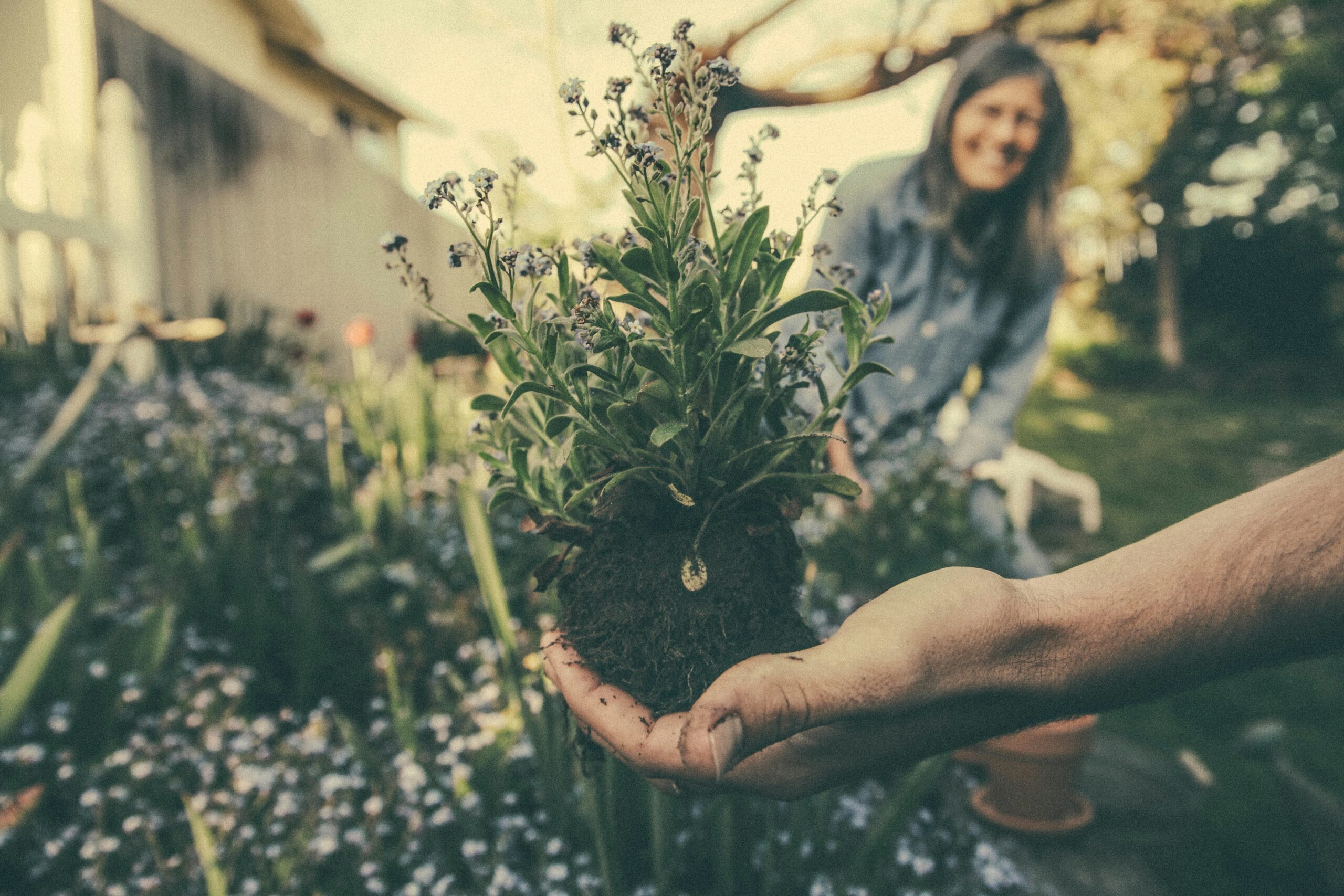
Gardening creates a powerful link between humans and the natural world. The act of tending to plants invites us to slow down, focus on the present, and immerse ourselves in a sensory experience that can quiet a restless mind. As hands press into the soil and eyes trace the gentle unfurling of leaves, stress begins to dissolve. The repetitive and nurturing nature of gardening has been shown to lower cortisol levels, which helps ease anxiety and promotes emotional balance.
In addition to physiological benefits, gardening fosters an emotional connection with the living world around us. Each seed planted becomes a small investment of hope, and watching that seedling grow offers a tangible reminder of patience and resilience. This relationship with nature can provide a steady sense of purpose and accomplishment, both of which are essential to building emotional strength in the face of life’s challenges.
The Healing Rhythm of Routine
The structured yet flexible routine that gardening encourages can be deeply grounding. Unlike rigid schedules, gardening tasks follow the pace of the seasons and the needs of the plants, creating a gentle rhythm that promotes mindfulness. Regularly watering, pruning, and tending to plants offers a dependable daily or weekly anchor that can help stabilize mood and reduce feelings of chaos.
This natural cycle also mirrors life’s ebb and flow, offering a safe space to process change and loss. When plants wilt or seasons shift, gardeners witness impermanence firsthand, but they also see regeneration and renewal. This perspective can offer comfort and teach emotional adaptability, turning routine care into a form of self-care that gently reminds us that growth often follows hardship.
Physical Engagement for Mental Relief
Gardening is not only mentally restorative but also physically engaging. Digging, lifting, and planting provide low-impact exercise that increases endorphin production, reduces tension, and improves sleep quality. The physical exertion, even if mild, channels nervous energy into productive movement, which can ease restlessness and support overall mental clarity.
Moreover, exposure to natural sunlight during gardening boosts vitamin D levels, which play an important role in regulating mood. While sunlight itself has a direct effect on serotonin production, the added benefit of fresh air and movement further supports emotional well-being. This physical-mind connection makes gardening a holistic activity that nourishes the body as much as the mind.
Creative Expression in the Garden
A garden can be as much a canvas as it is a sanctuary. Choosing plants, arranging colors, and experimenting with different layouts allow individuals to express creativity in a deeply personal way. This creative outlet can be especially therapeutic for those who find verbal expression difficult, offering a nonverbal channel for emotional release and exploration.
The process of designing and refining a garden also sparks problem-solving skills and encourages imaginative thinking. Even small adjustments, like trying a new plant variety or adjusting soil conditions, bring a sense of experimentation and discovery. This creative engagement fuels a sense of autonomy and control, which can be particularly empowering in times of uncertainty.
Community and Connection Through Gardening
While many people enjoy gardening in solitude, it can also be a social bridge. Community gardens, horticultural clubs, and neighborhood plant swaps bring together people from different walks of life over a shared love of growing things. These interactions help combat feelings of isolation and offer opportunities for learning and collaboration.
Working alongside others in a garden setting fosters cooperation and shared achievement. It’s not just about cultivating plants; it’s about cultivating relationships. Whether through exchanging gardening tips or celebrating a harvest together, these connections create a sense of belonging that strengthens emotional resilience and supports mental health.
Mindfulness and the Present Moment
Gardening invites the mind to slow down and pay attention to the details of the moment. Observing the texture of leaves, the scent of soil, or the subtle changes in light cultivates mindfulness. This attentive state quiets mental chatter, reduces rumination, and helps shift focus away from stress-inducing thoughts toward a more peaceful awareness.
Practicing mindfulness through gardening also enhances gratitude. Noticing the progress of a plant or the return of a pollinator can spark appreciation for small, everyday miracles. Over time, this habit of mindful observation can extend beyond the garden, enriching other areas of life with a heightened sense of presence and joy.
Closing Thoughts: Growing More Than Plants
Gardening is more than a hobby; it is a living, evolving form of therapy that connects the body, mind, and spirit. Combining physical activity, creativity, and a mindful connection to nature offers a multidimensional path to improved mental health. The garden becomes both a refuge and a teacher, reminding us that with patience, care, and attention, growth is always possible.
In a world that often demands speed and constant productivity, the slow and steady work of gardening offers a healing counterbalance. Each act of planting, watering, and nurturing is not just about helping plants thrive—it’s about tending to our well-being. Over time, those who cultivate a garden may find they are also cultivating peace, resilience, and a deeper sense of self.